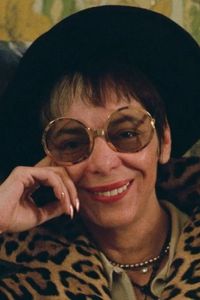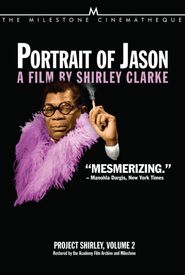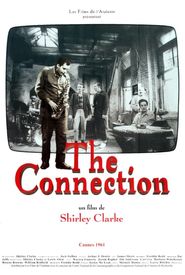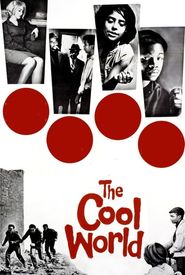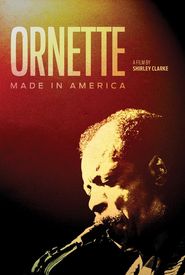Shirley Clarke is a prominent figure in the history of independent cinema, particularly in the mid-20th century.
Born Shirley Marion Brimberg to Samuel Nathan and Florence (Rosenberg) Brimberg, she was the eldest of their three daughters, raised in a wealthy family. Her father, a Belarusian-born entrepreneur, made his fortune in manufacturing, and her mother was the daughter of a wealthy manufacturer. Shirley's sisters were Elaine Rita (actress and writer Elaine Dundy) and Betty Rose Brimberg.
As a young child, Shirley developed a passion for dance, which would later influence her filmmaking. However, her father, a violent bully, did not support her artistic ambitions. She married Bertram Clarke in 1942, partly to escape her father's control and to study dance with renowned modern dance masters.
In the early 1950s, Shirley began her career as a filmmaker. Her love of dance informed her early work, including her first film, Dance in the Sun (1953),a six-minute short featuring dancer Daniel Nagrin, which received critical acclaim. She went on to direct several short films throughout the decade, some solo and others in collaboration with others.
By the 1960s, when women directors were still relatively rare, Shirley embarked on her first feature film. Instead of playing it safe with a romance or comedy, she chose to adapt Jack Gelber's play "The Connection." The Connection (1961) tells the story of a group of junkies awaiting the arrival of their drug connection, Cowboy. The film's portrayal of a bold, defiant, and brash Black character, played by Carl Lee, foreshadowed the protagonists that would dominate the blaxploitation films of the 1970s.
Initially banned in New York City due to its use of the "S-word," the film faced several legal challenges before it could be screened in cinemas. Despite its limited commercial success, "The Connection" was the most widely seen of Shirley's three feature-length films at the time of its release, along with The Cool World (1963) and the landmark LGBTQ documentary Portrait of Jason (1967).
Shirley received an Oscar nomination for the short Skyscraper (1959),which she co-directed, and also directed Robert Frost: A Lover's Quarrel with the World (1963),an Oscar-winning short.
She continued to create a series of short films and video works throughout the 1980s. One of her final completed projects was Ornette: Made in America (1985),a documentary on jazz musician and composer Ornette Coleman.
From 1975 to 1983, Shirley taught a popular design class at UCLA. After her marriage to Bertram Clarke ended, she was in a relationship with Lee until his death in 1986.
Shirley Clarke died of a stroke in Boston in 1997, following a battle with Alzheimer's disease. In 2014, Milestone Films began releasing restored versions of her projects, both theatrically and on home video.
